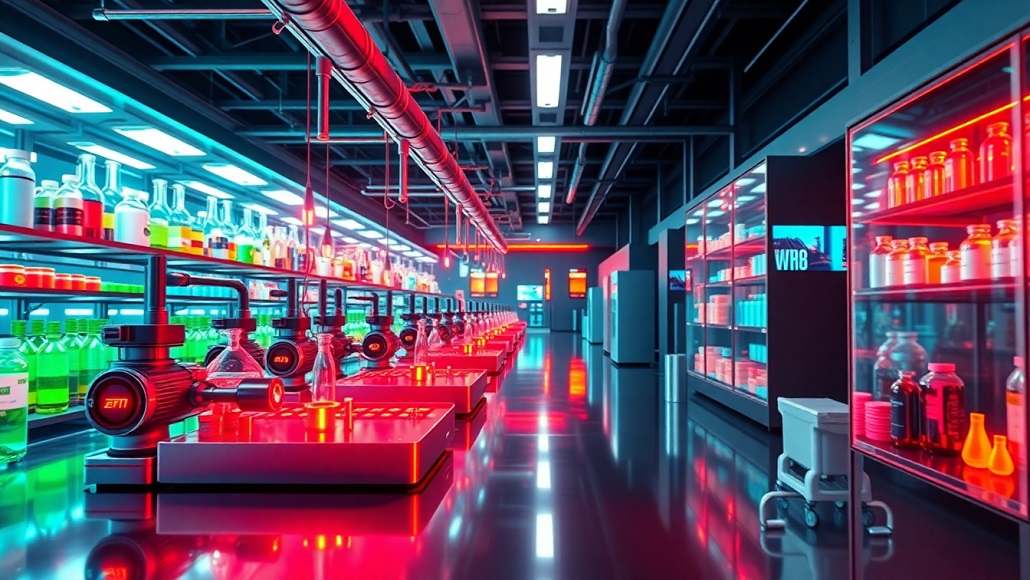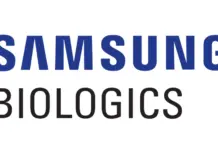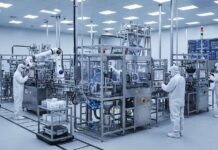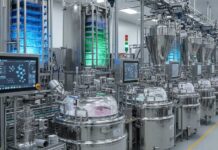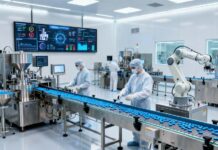A few days ago, Calico, a Google-backed biotech company, announced that it would build a California-based research and development facility to invent new drugs to combat diseases afflicting the elderly.
Half of the initial $500 million investment would be footed by AbbVie, a pharma company based in the Chicago area, for a few more months at least.
AbbVie’s CEO, Richard Gonzalez, and its board, which includes former United Airlines CEO Glenn Tilton, Northern Trust CEO Frederick Waddell and former Allstate CEO Edward Liddy, has made the unpopular decision to use its acquisition of European competitor Shire to move its headquarters to Ireland to lower its tax bill.
And now it also has decided to invest in a second California facility — presumably one not far from its existing research facility in Redwood City — rather than here, where its former parent company has roots dating to 1888.
That represents another missed opportunity for Chicago and Illinois, whose political leaders constantly tout the need for new research and development projects.
AbbVie defenders say this isn’t a loss. Profits will be split down the middle. AbbVie will take responsibility for testing and making the drugs that come out of Calico’s test tubes.
There’ll be plenty of “downstream opportunity” in Chicago, meaning after the scientific breakthrough occurs, said Michael Kope, CEO of the SENS Research Foundation, a Silicon Valley-based charity that works on cures for age-related diseases.
Downstream. That’s where Chicago aspires to be, right?
Consider the few research and development wins Chicago can tout in the last few years.
There was the $70 million grant over five years from the U.S. Department of Defense for a digital manufacturing lab. State and local governments kicked in $26 million more. And private companies made commitments that boosters claim brought the total to $320 million. (City officials have refused to disclose how much of that was in-kind vs. cash.)
There’s also a $120 million grant over five years from the U.S. Department of Energy for battery research at Argonne National Laboratory.
Compare that to Calico and AbbVie’s privately funded effort, which, if all goes well, will amount to a $1.5 billion investment.
The mayor’s office didn’t even know such a project was in play, even though one of AbbVie’s board members serves on the board of World Business Chicago, which is supposed to be this city’s corporate cheerleader-in-chief.
“AbbVie and Google have not discussed their plans with us,” said David Roeder, a spokesman for the state’s economic development agency. “As publicly traded companies, they have to be careful about disclosure of pending deals. News accounts indicate they plan to build in California. We are eager to discuss with them opportunities in Illinois.”
Biotech is a Bay Area strength, but the region hasn’t dominated the health care industry in the way it has the software and computing world. That is changing.
“The reality is that we’re seeing the consumerization of health care,” said Glen Tullman, the former Allscripts chief executive, whose Chicago-based 7wire Ventures invests in health care technology companies. “If you look at every other industry, the consumerization of those industries has by and large been led out of Silicon Valley. There’s a lot of talent out there that understands how to take everything from a basic service or an iPhone and apply them to health care.”
Data prepared by accounting firm EY for an industry trade group show that as of 2011, the biotech industry employed 230,177 people in California and 81,115 in Illinois. Research and development expenditures in 2010 in California amounted to $4.7 billion and in Illinois to $608 million.







